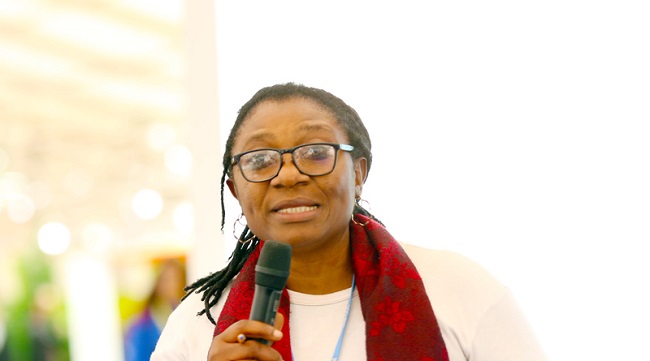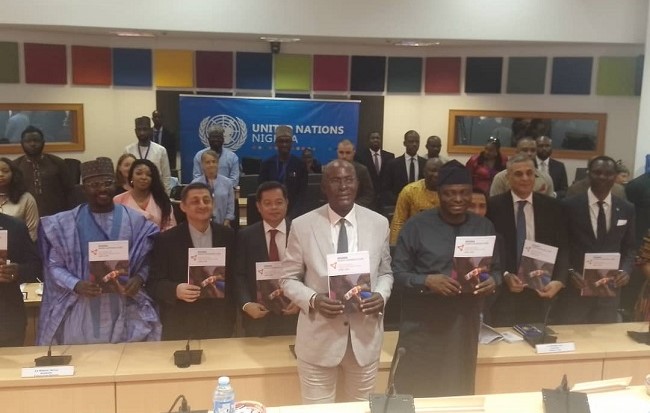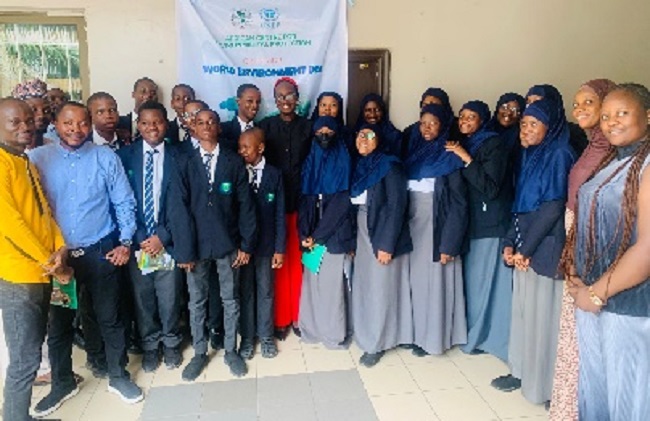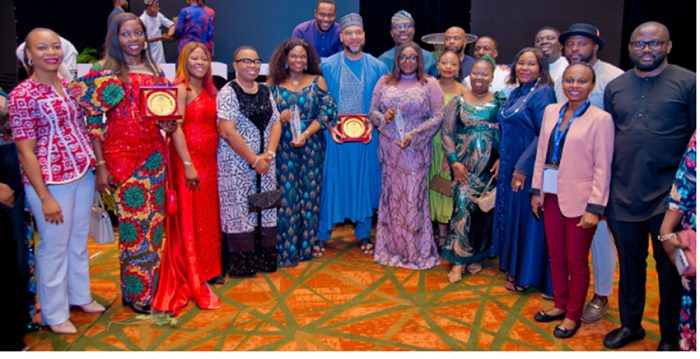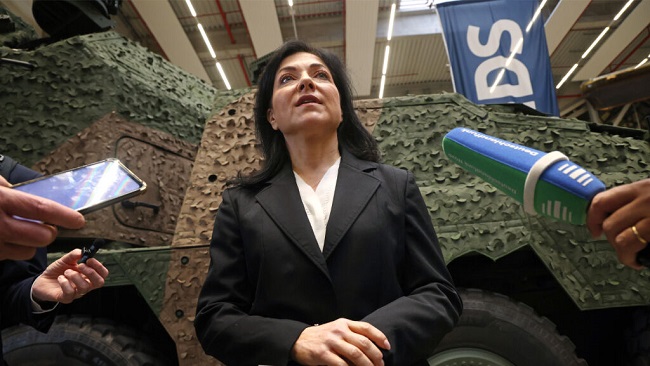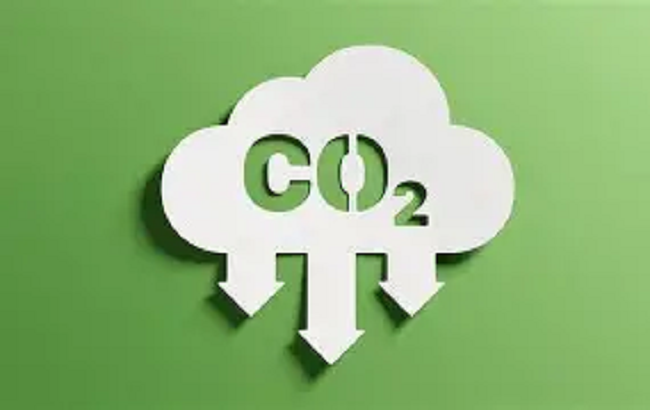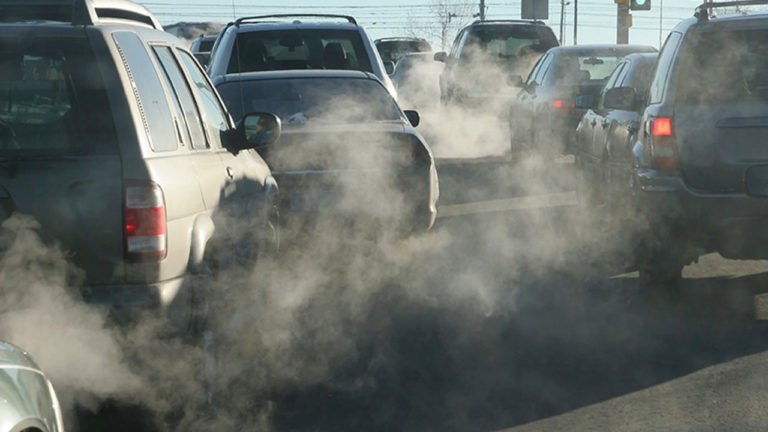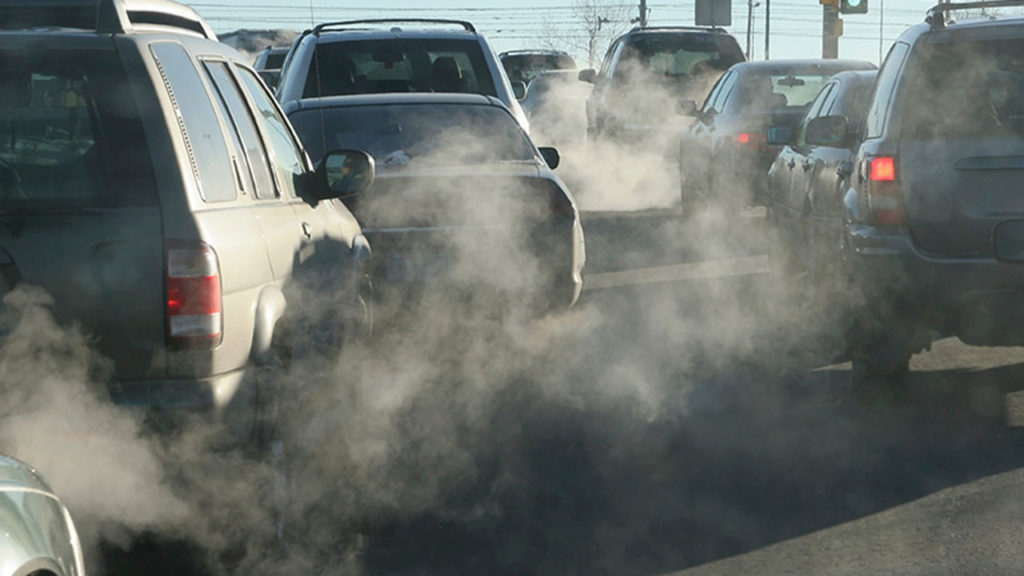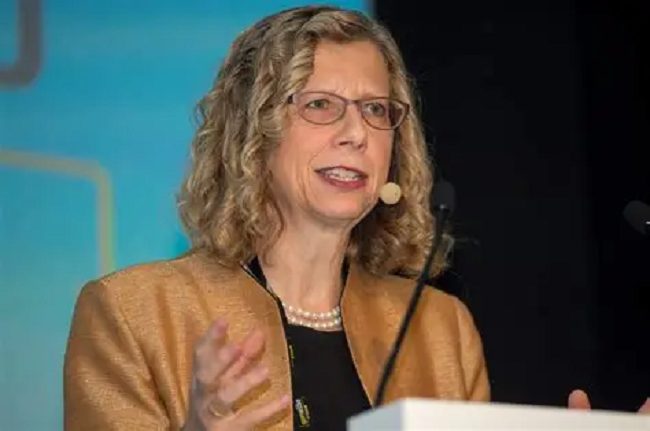African negotiators at the ongoing fifth session of the Intergovernmental Negotiating Committee to develop an international legally binding instrument on plastic pollution, including in the marine environment (INC-5.2), in Geneva, Switzerland, have been charged to focus on the agreed Chair’s Text by speaking with one voice in a session likely to pave way for the Global Plastic Treaty.
Dr. Leslie Adogame, the Executive Director, Sustainable Research and Action for Environmental Development (SRADev Nigeria), who made the call in a webinar prior to the event, said there should be no dissenting voice on the part of the negotiators because Africans need to speak with one voice and made it clear that the developed countries must fund the pollution of plastics in Africa.
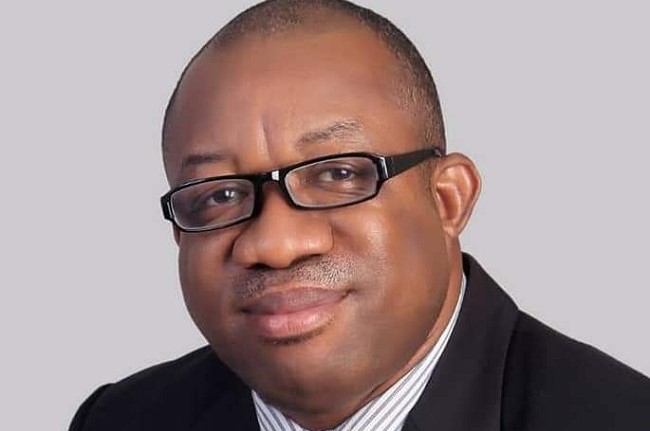
He also tasked the leading voices representing the continent to focus on Key African Priorities with a call on countries such as Nigeria to support more than 100 nations backed by more than 1,100 scientists, say a cap on the soaring productions of plastic is essential to reduce all the harms they cause, commit to the reduction of plastic production by 50% by year 2030
According to him, “Key African Priorities on the soaring productions of plastic is essential to reduce all the harms they cause, commit to the reduction of plastic production by 50% by year 2030.
“Priorities such as global reduction of plastic production, financial and technical support, toxic chemical control, just transition for workers and waste trade reduction, among others.”
He said: “Over one hundred countries have called for measures to bring primary plastic pollution in line with the climate planetary limit of 1.5degrees, in line with the mandate from UNEA Resolution. More than 100 country majority supported banning product and chemicals phaseouts to end plastic pollution. One hundred and fifty-one countries supported a financial mechanism with a dedicated fund as well as a dedicated secretariat and mandatory contributions from developed country parties supporting developing country parties and parties with economies in transition.
“The leading voices on the continent such as Rwanda, Senegal, Ethiopia, Angola, Kenya, Ghana, Cameroon, Nigeria and others must stick to the agreement prior to the ongoing session because “you cannot have a robust treaty if you don’t have a financial mechanism. This is very important for Africans because most of the times they are seen as a dumping ground by powerful countries who import various stuff to the African continent.
“There are lots of pushbacks from major plastic-producing countries so there is need for strong African unity and negotiating power. There must be a call for a robust compliance mechanism with regular reporting, national action plan aligned with regional African strategies (like AMCEN).”
In his submission, Mr. Benson Dotun Fasanya, the Executive Director, Centre for Earth Works (CFEW), noted that plastic which was invented in 1869 has evolved to be the most used item considering all kinds of types and nature. Interestingly, plastic is found in the most remote of all places, even recently published that plastic is found in the placenta.
Speaking on the topic “The Global Plastic Treaty and Why it Matters: The Journey so far”, Fasanya quoted Global Policy Scenario (2060), to have estimated that “if we do nothing the use of plastics could almost triple globally, by 2060 and half of all plastic being produced will end up in landfill and it is projected that Plastic leakage to the environment will be doubled to over 44 million tonnes a year which ends up accumulating so much in the environment”.
Plastic pollution, according to CFEW Executive Director, which started in the petrochemical, or the fossil fuel industry has flooded the world with so many plastic products and currently 6% of total oil production is used by the plastic sector, and it is estimated that it will represent 20% by 2050.
He said, “This simply means that plastics have its life cycle rooted in the fossil fuel industry because carbon and chemicals are combined together to form plastics. The petrochemical industry has been the root cause of plastic crisis because it has filled the world with so many plastics products, from the extraction to production, to the point of sale, to the consumption and waste industry and to dumpsites, it is discovered that plastics pollutes in all its forms.
“With many of its impacts such as greenhouse gas emissions and toxic air emissions that is being dispersed into the air makes the world gets hotter and hotter by the day because of the issue of increased carbon and greenhouse gas emission. One of the issue that has been raised over the years is the fact that there is chemical components which actually pollutes, this has been transferred into our various bodies impacting our health and the environment.
“Out of 54 African countries, 34 have either passed a law banning plastics and implemented it or have passed a law with the intention of implementation, sixteen have totally banned plastic bags and Nigeria faces a severe plastic pollution crisis, ranking among the 9th plastic waste contributors globally.”
Dr. Oludayo Dada, leader of the Nigerian delegation to the summit, noted that things have been very dynamic in the past.
In his words, Dr. Dada, who also doubles as an Adviser of the Africa Regional Negotiating Platform, stated: “Honestly things are not the same, I won’t like to mention the specific bilateral meeting but what I noticed in our discussion is that people negotiating this treaty are from various backgrounds such as the energy sector, environment sector while some are from the commercial sector but the whole process is riddled by political interest and economic interest.
“The scientists or the environmentalists are seeing what ought to be in place, but it does not dwell well with the politicians and the economic factor. The treaty as mandated by Union has been misunderstood or misinterpreted by so many groups.
“People are shifting grounds because pressure is being placed by the Presidents, Ministers, Ambassadors and so on, to shift grounds. Some of the co-facilitators, have confided in some of us that they are being mandated by their government to say otherwise. So, what we are pushing for is that, if your country is not in line with the African region, please just shift ground. You can’t speak for Africa. You can’t speak for your country.”
The purpose of the Pre-INC-5.2 Webinar as convened by SRADev and CFEW was to raise public awareness and support for the Global Plastics Treaty as a tool to fight plastic pollution in Nigeria with an objective is to simplify the complexity of environmental concepts and give participants the necessary knowledge and resources to increase understanding of the harmful effects of plastic pollution and the important contribution the INC process plays in solving this worldwide issue.
The ongoing INC-5.2 in Geneva, Switzerland, will be concluded on August 16, 2025.
By Ajibola Adedoye

